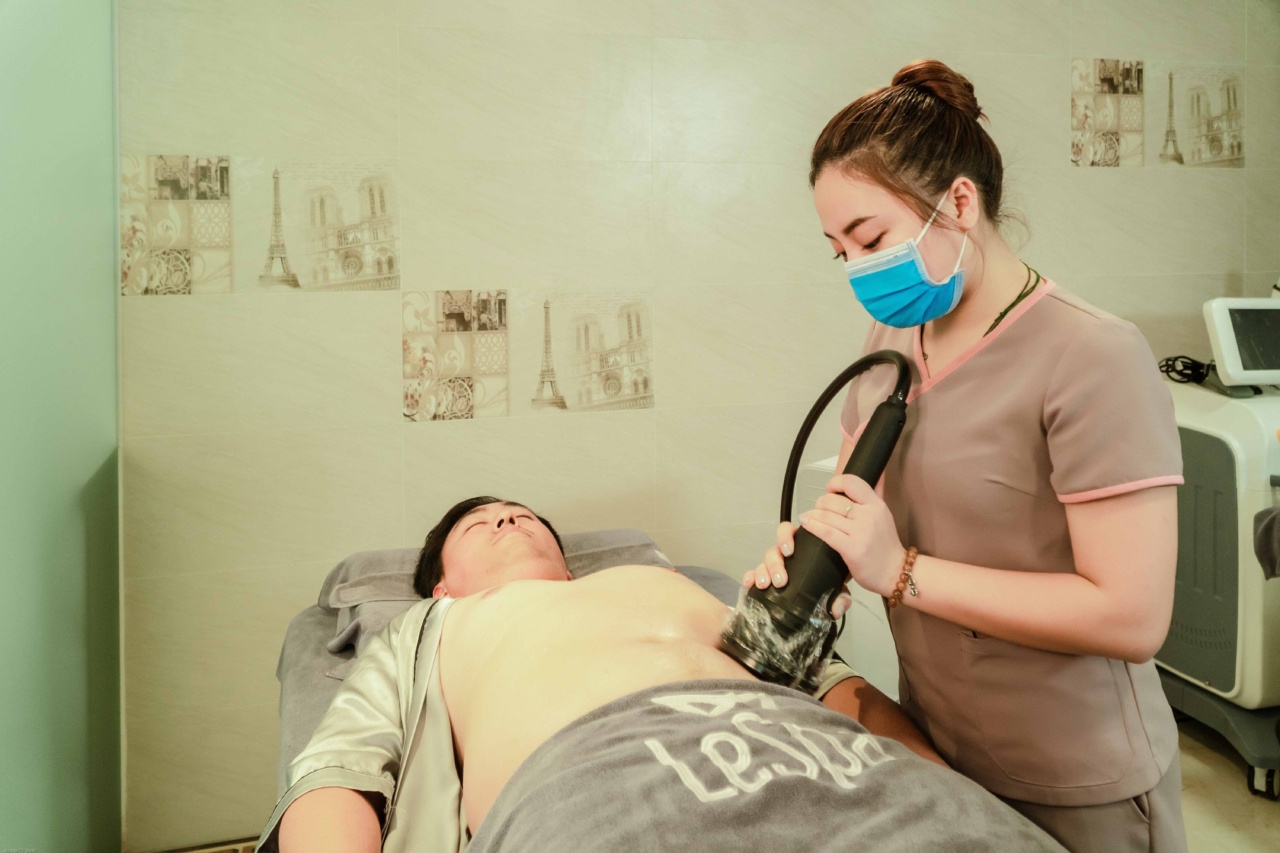Otitis, commonly known as an ear infection, is a painful condition that affects the inner, middle, or outer ear. It is typically caused by bacteria, viruses, or fungi, leading to inflammation and swelling in the ear canal.
Some common symptoms of otitis include ear pain, itching, fluid drainage, hearing loss, and a feeling of pressure in the ear.
Conventional Treatment Options for Otitis
In most cases, otitis is treated using conventional methods such as antibiotics, pain relievers, and antifungal medications. While these treatments are effective for many individuals, some people may experience side effects or find them ineffective.
This has led to an increased interest in exploring unconventional approaches to manage otitis and its symptoms.
Unconventional Treatment 1: Warm Compress
Applying a warm compress to the affected ear can help alleviate pain and reduce inflammation. This can be done by soaking a washcloth in warm water, wringing out excess moisture, and gently placing it on the ear.
The warmth helps improve blood circulation to the area, promoting healing and providing relief.
Unconventional Treatment 2: Saltwater Rinse
A saltwater rinse can help remove accumulated fluid and debris from the ear, providing relief from symptoms.
Mix a teaspoon of salt in a cup of warm water, ensure it dissolves completely, and use a dropper to administer a few drops into the affected ear. Tilt your head to the side and allow the solution to drain out after a few minutes.
Unconventional Treatment 3: Garlic Oil
Garlic oil is known for its antimicrobial properties, which can aid in relieving otitis symptoms. Crush a garlic clove, mix it with olive oil, and warm the mixture slightly.
Strain the oil and put a few drops in the affected ear, allowing it to work its way into the ear canal. Make sure the oil is not too hot to prevent burns.
Unconventional Treatment 4: Tea Tree Oil
Tea tree oil has natural antibacterial and antifungal properties, making it a potential treatment for otitis. Mix a few drops of tea tree oil with a carrier oil like coconut oil, ensuring it is properly diluted.
Apply this mixture around and just inside the ear, avoiding contact with the eardrum. It is important to note that tea tree oil should never be used undiluted as it can irritate the skin.
Unconventional Treatment 5: Chiropractic Care
Chiropractic care is an alternative therapy that focuses on the spine and its connection to overall health. Some individuals have reported improvements in otitis symptoms after receiving chiropractic adjustments.
The theory behind this treatment is that misalignments in the spine may affect the nervous system’s function, which could impact the body’s ability to fight infections.
Unconventional Treatment 6: Acupuncture
Acupuncture is an ancient Chinese practice that involves inserting thin needles into specific points on the body. It is believed to stimulate the body’s natural healing process and restore the flow of energy.
While there is limited scientific evidence regarding the effectiveness of acupuncture for otitis, some individuals have reported symptom relief after undergoing this treatment.
Unconventional Treatment 7: Herbal Remedies
Various herbal remedies are believed to provide relief from otitis symptoms. Mullein oil, for example, is thought to have anti-inflammatory and analgesic properties.
Applying a few drops of warm mullein oil to the affected ear may help reduce pain and inflammation. Other herbal remedies commonly used for otitis include chamomile, calendula, and Echinacea.
Unconventional Treatment 8: Probiotics
Probiotics are beneficial bacteria that can help maintain a healthy balance in the body.
Some studies suggest that taking probiotic supplements or consuming probiotic-rich foods may help boost the immune system and reduce the risk of infections, including otitis. However, further research is required to establish a direct link between probiotics and the treatment of ear infections.
Unconventional Treatment 9: Avoiding Irritants
Avoiding irritants, such as cigarette smoke, pollution, and chemical fumes, can play a significant role in managing otitis. These irritants can worsen inflammation and hinder the healing process.
Minimizing exposure to these substances can help reduce symptoms and prevent recurrent infections.
Unconventional Treatment 10: Stress Management
Stress has been linked to a weakened immune system, making individuals more susceptible to infections.
Engaging in stress-reducing activities such as exercise, meditation, and deep breathing exercises can help strengthen the immune system and improve overall well-being. By managing stress levels, individuals may experience a reduction in otitis symptoms.





























